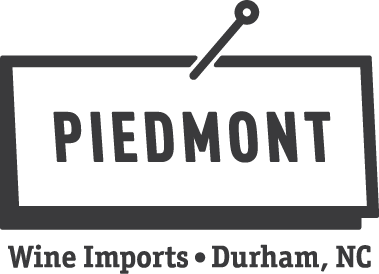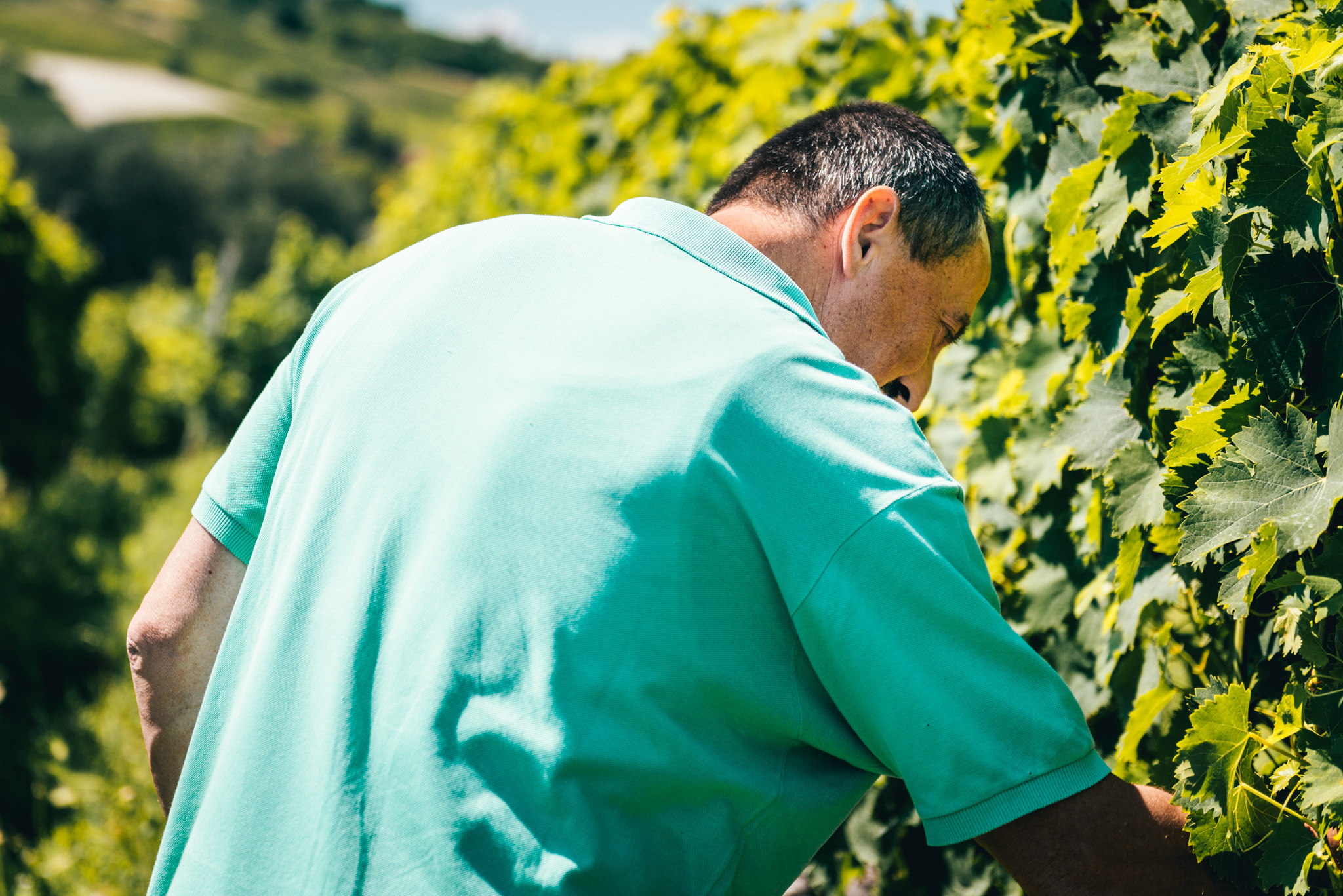
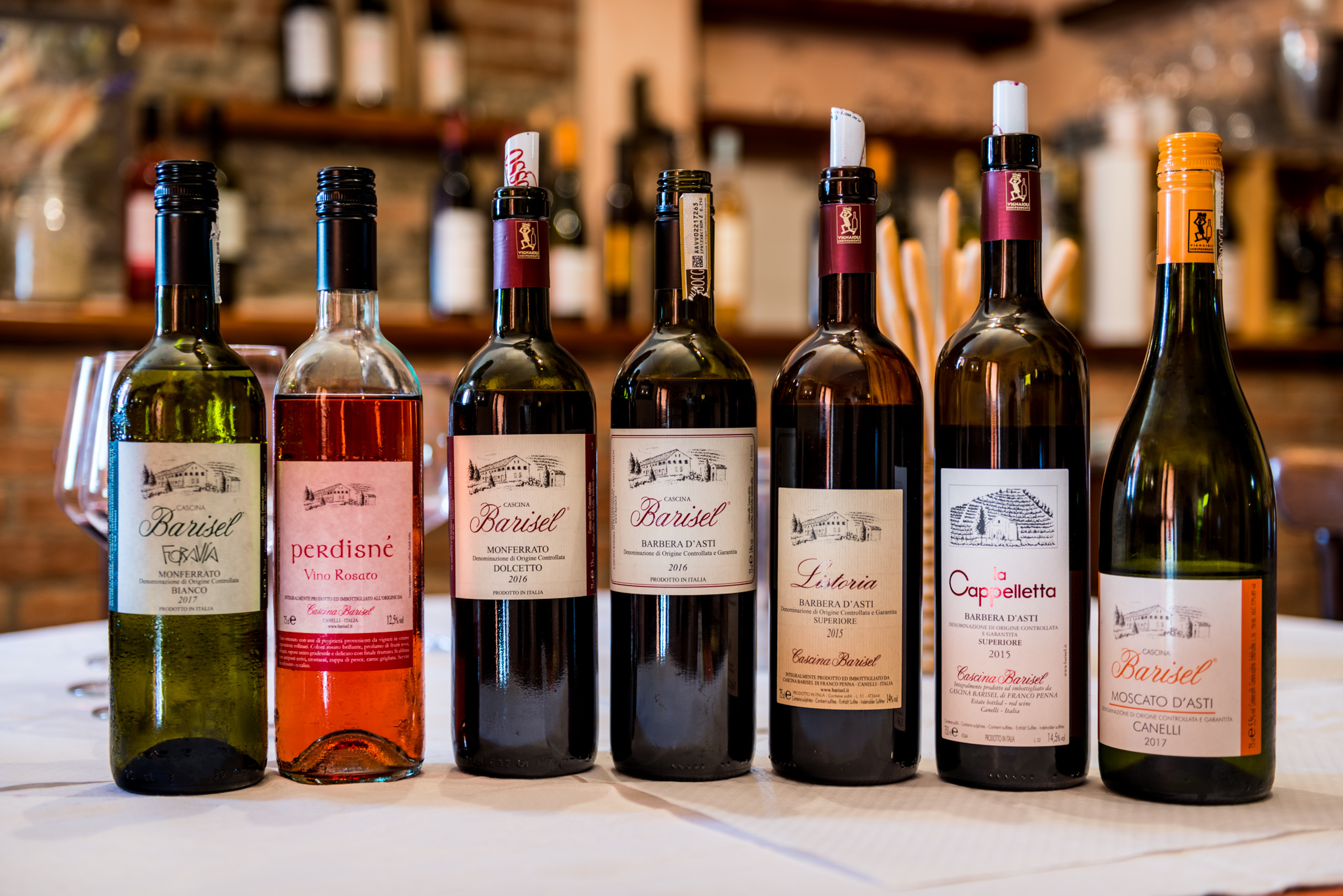
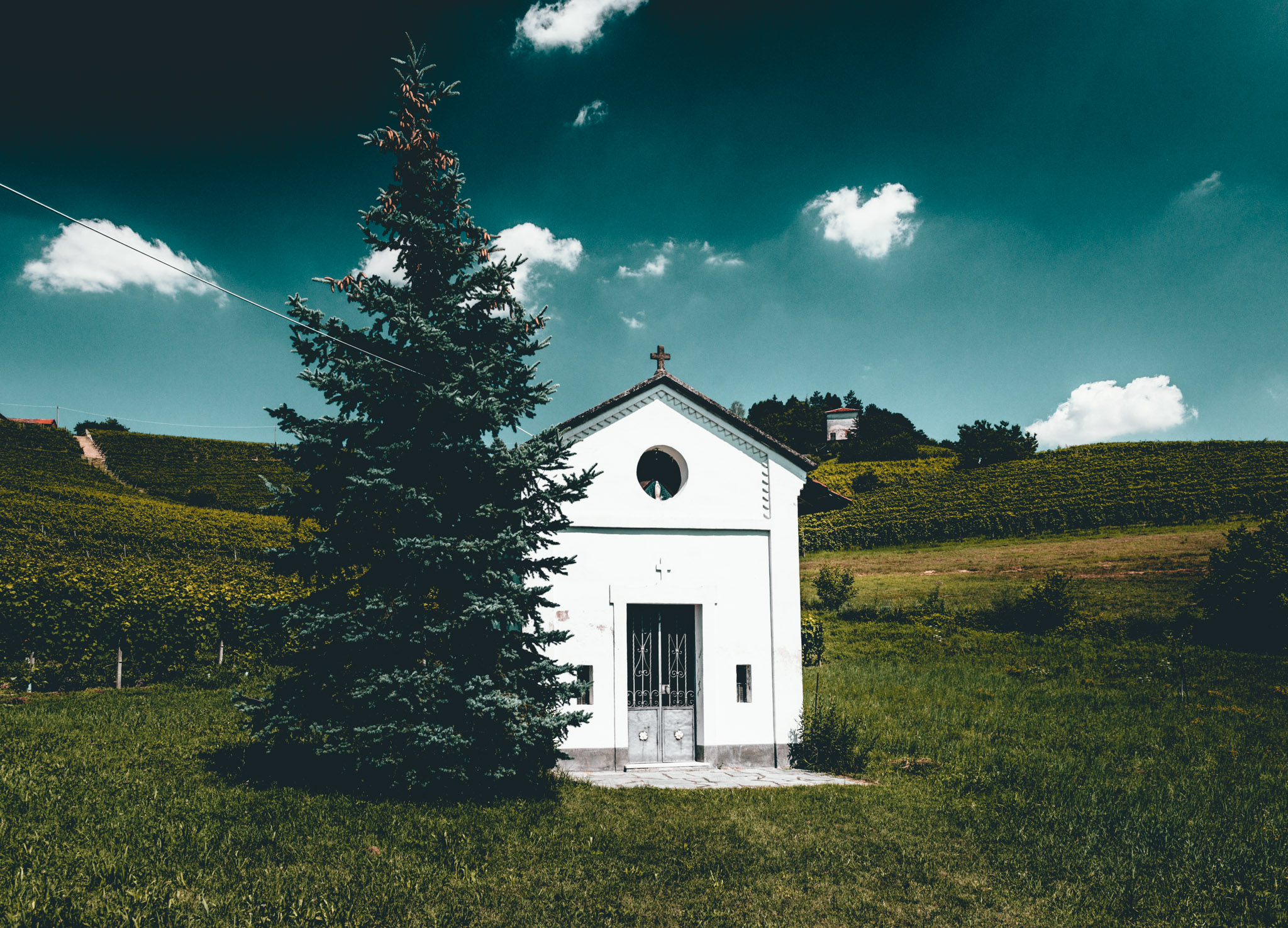
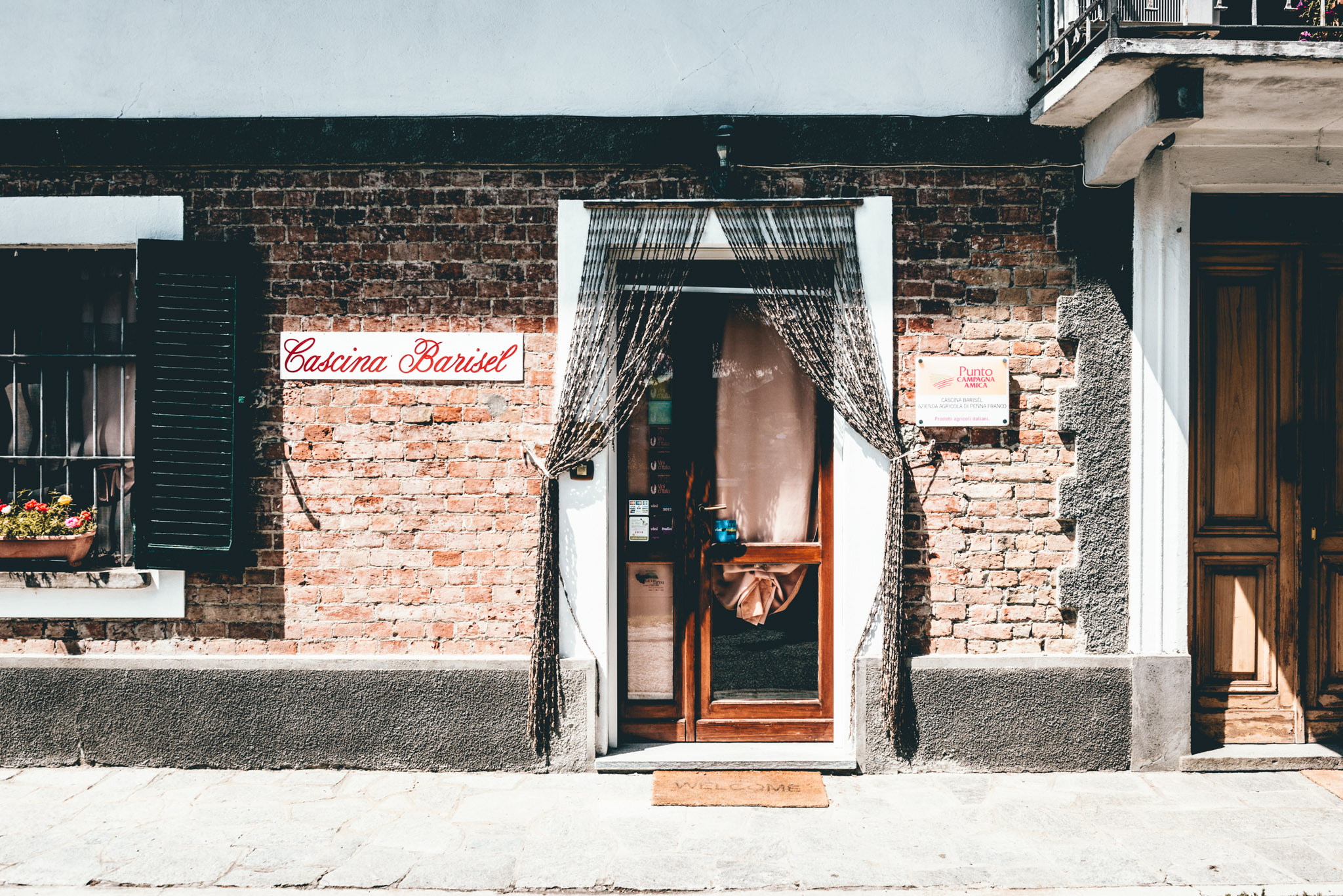
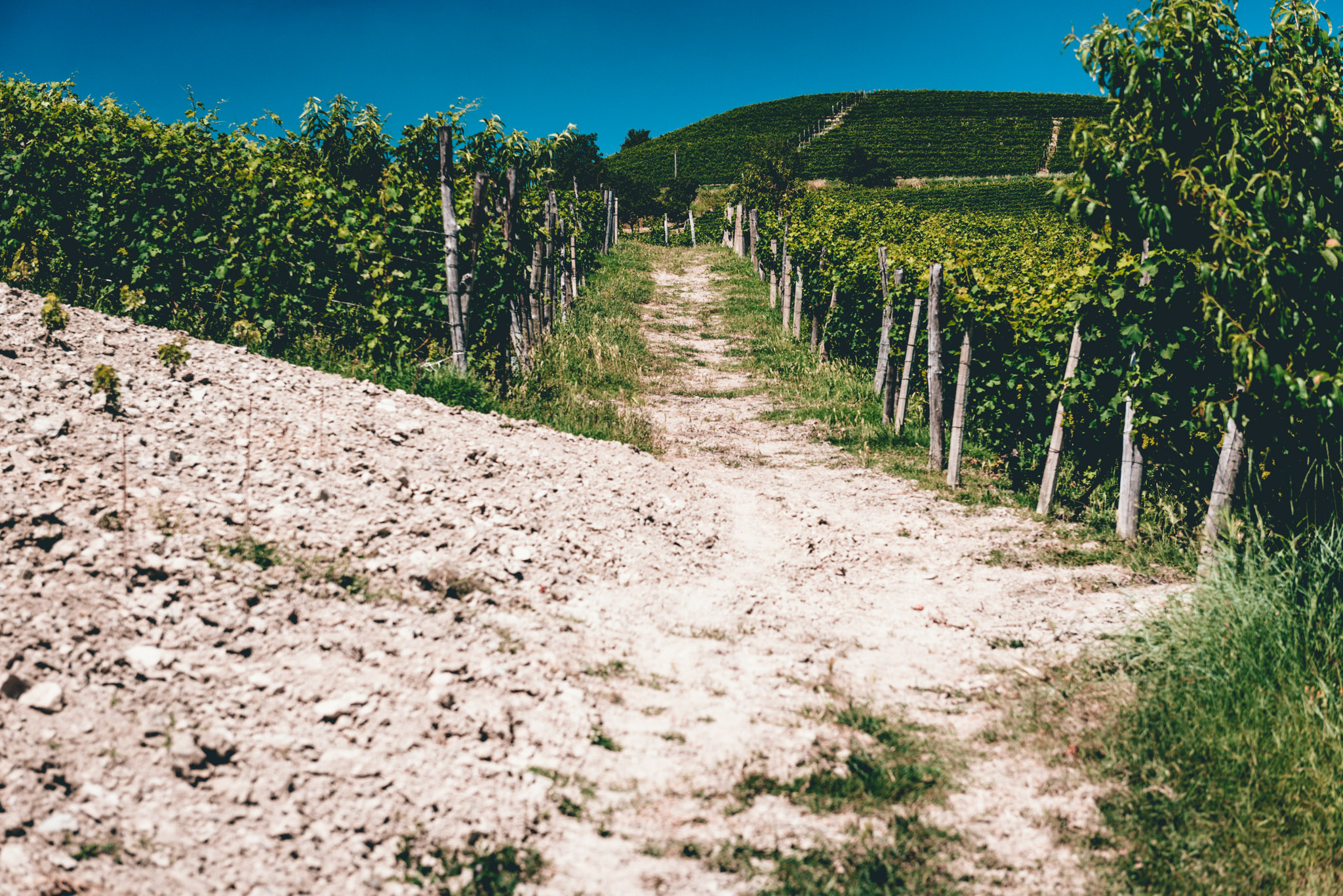
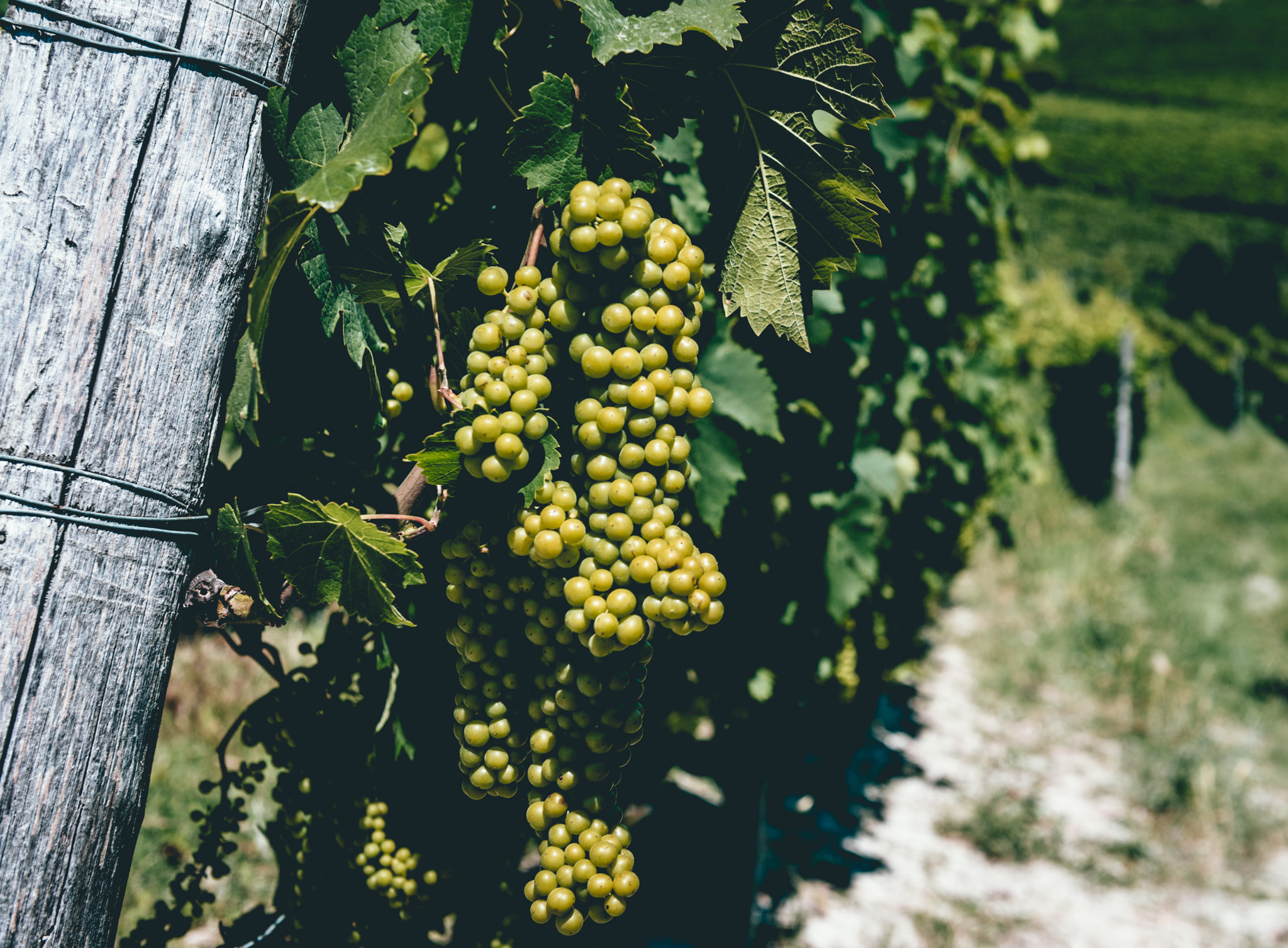
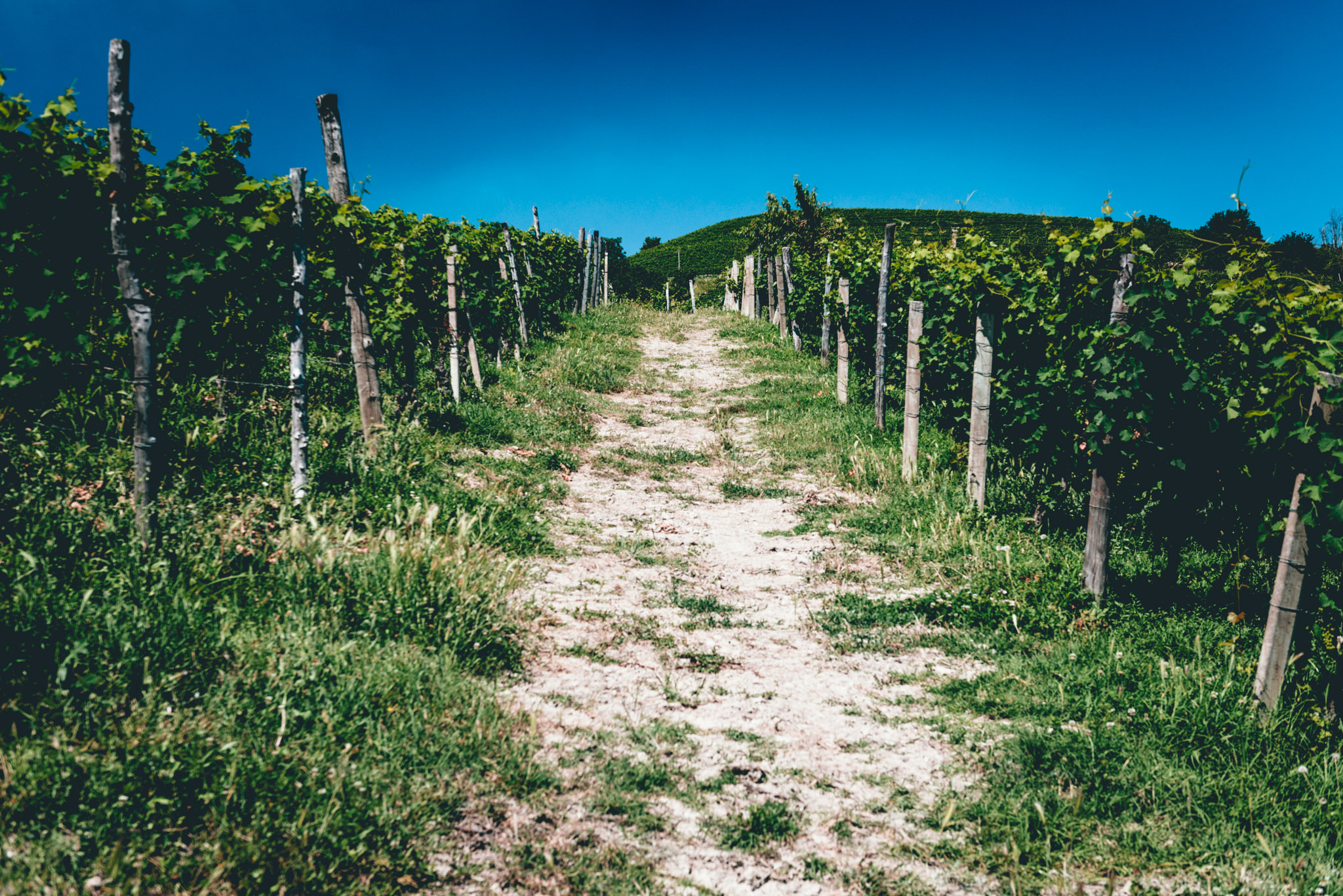
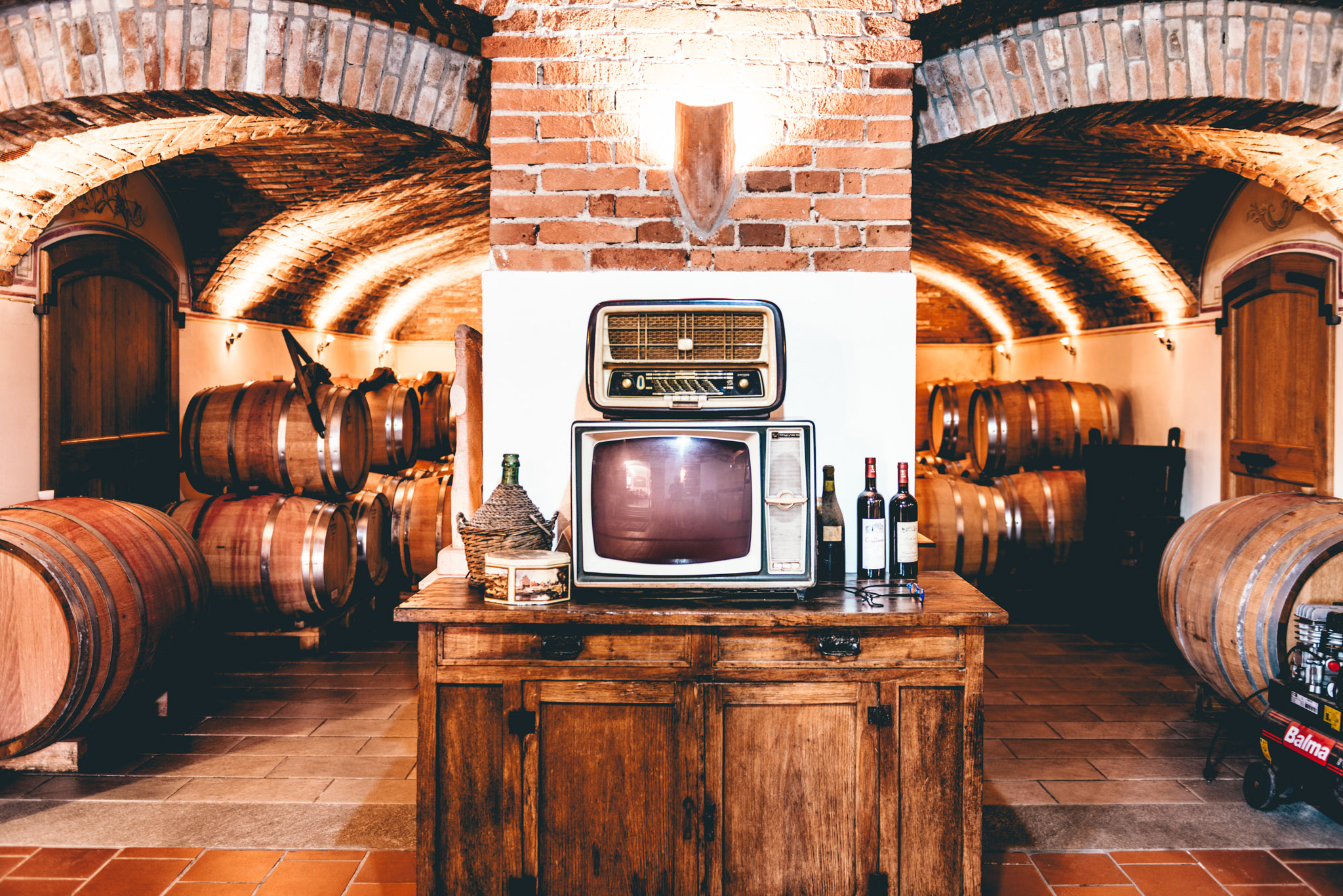
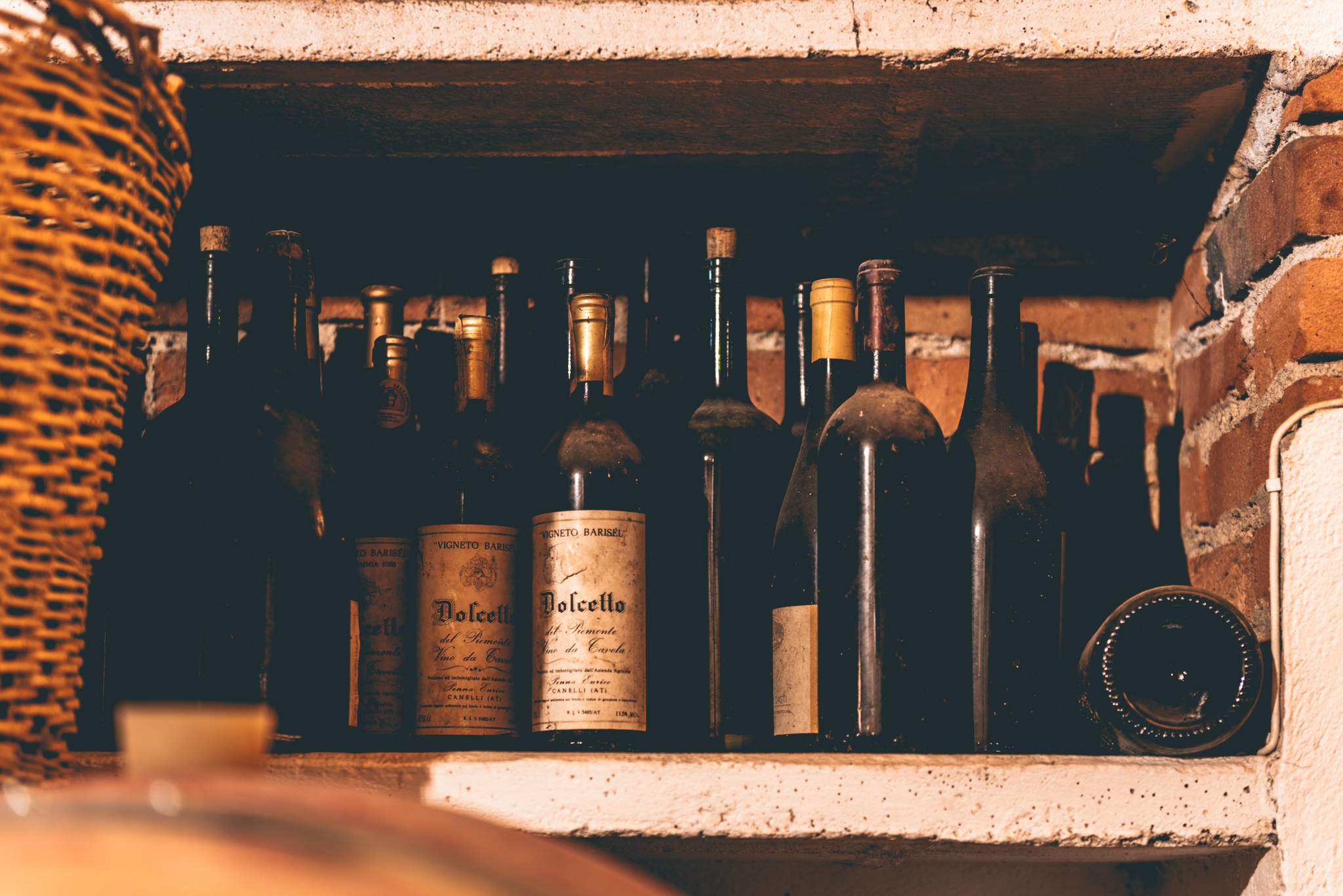
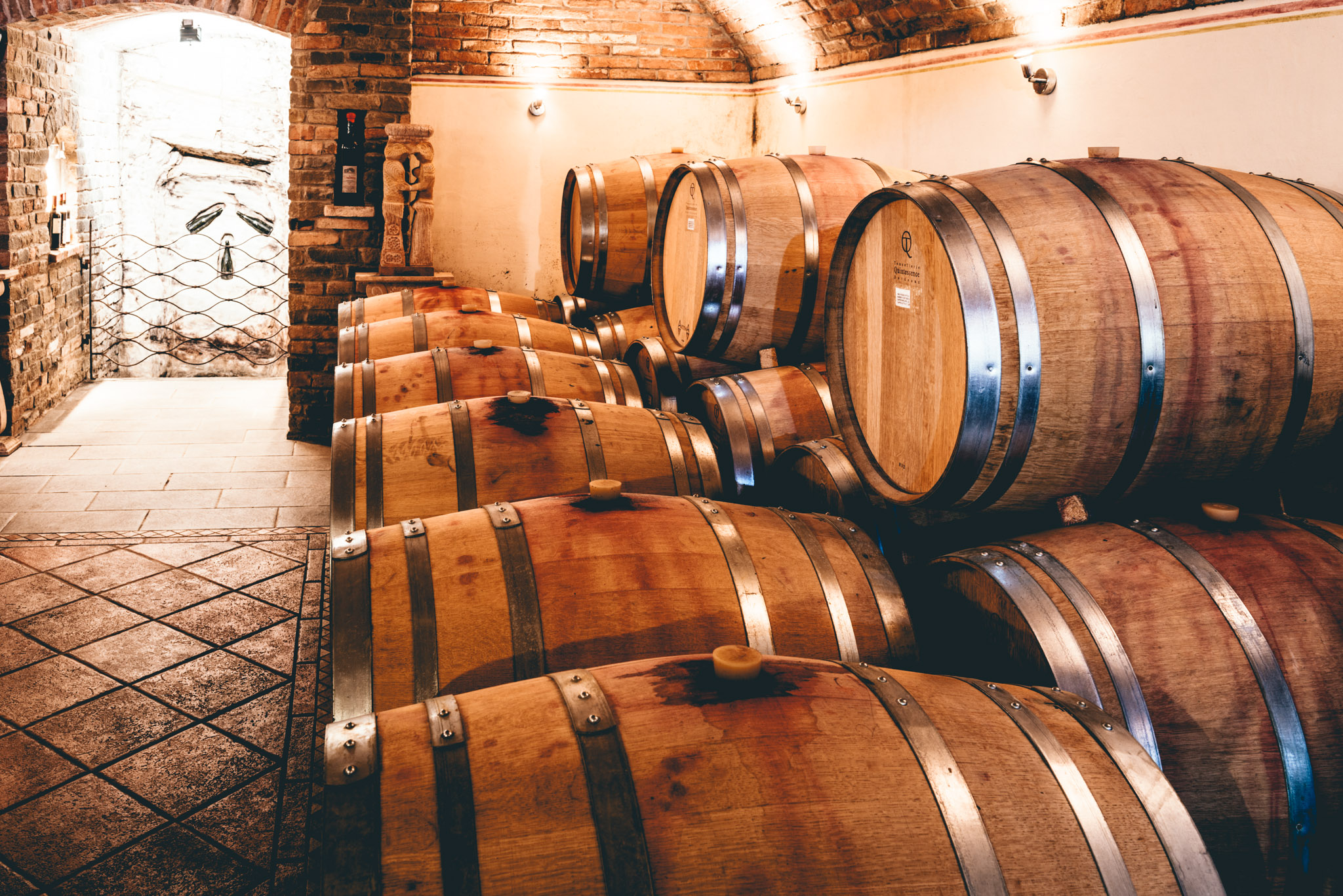
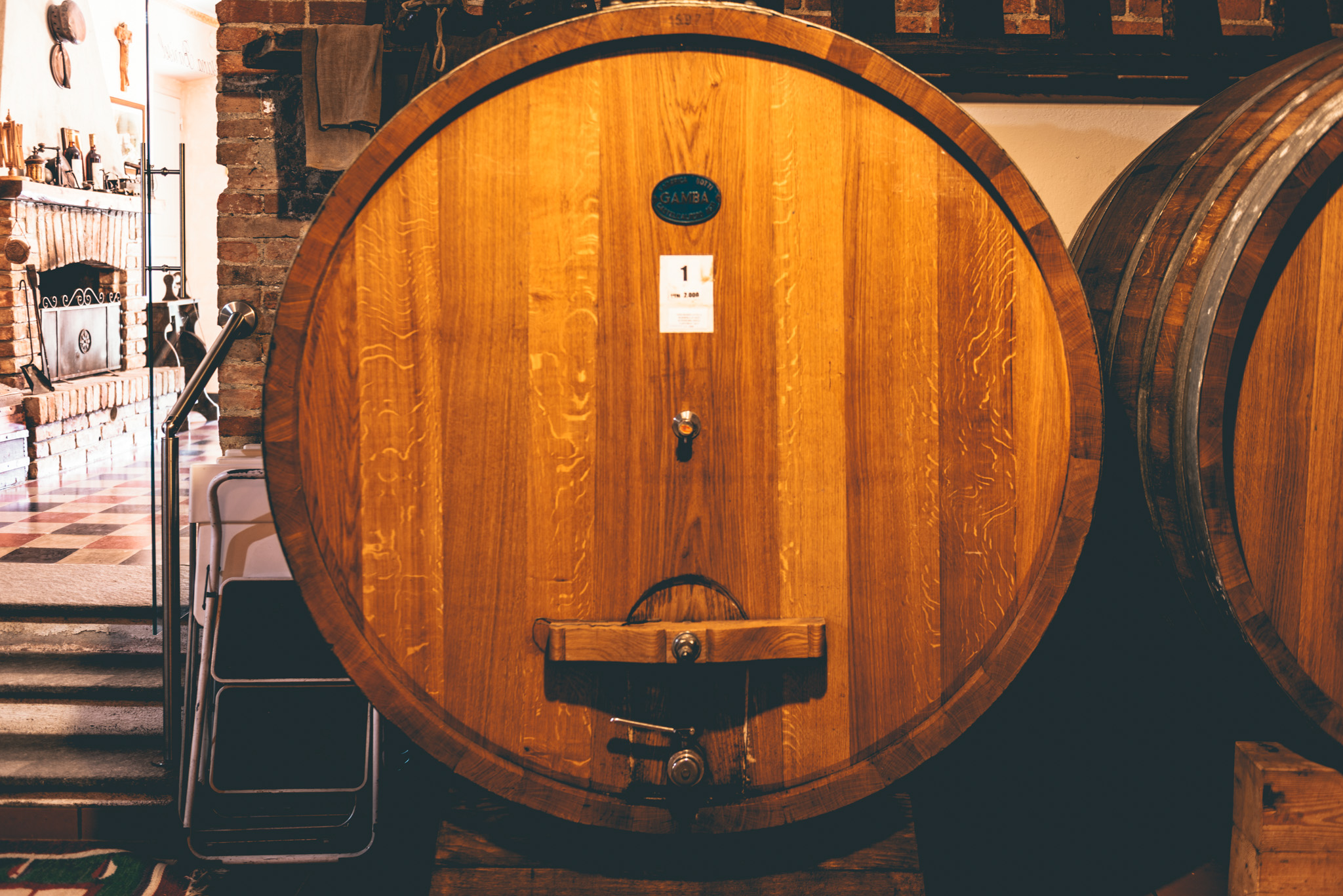
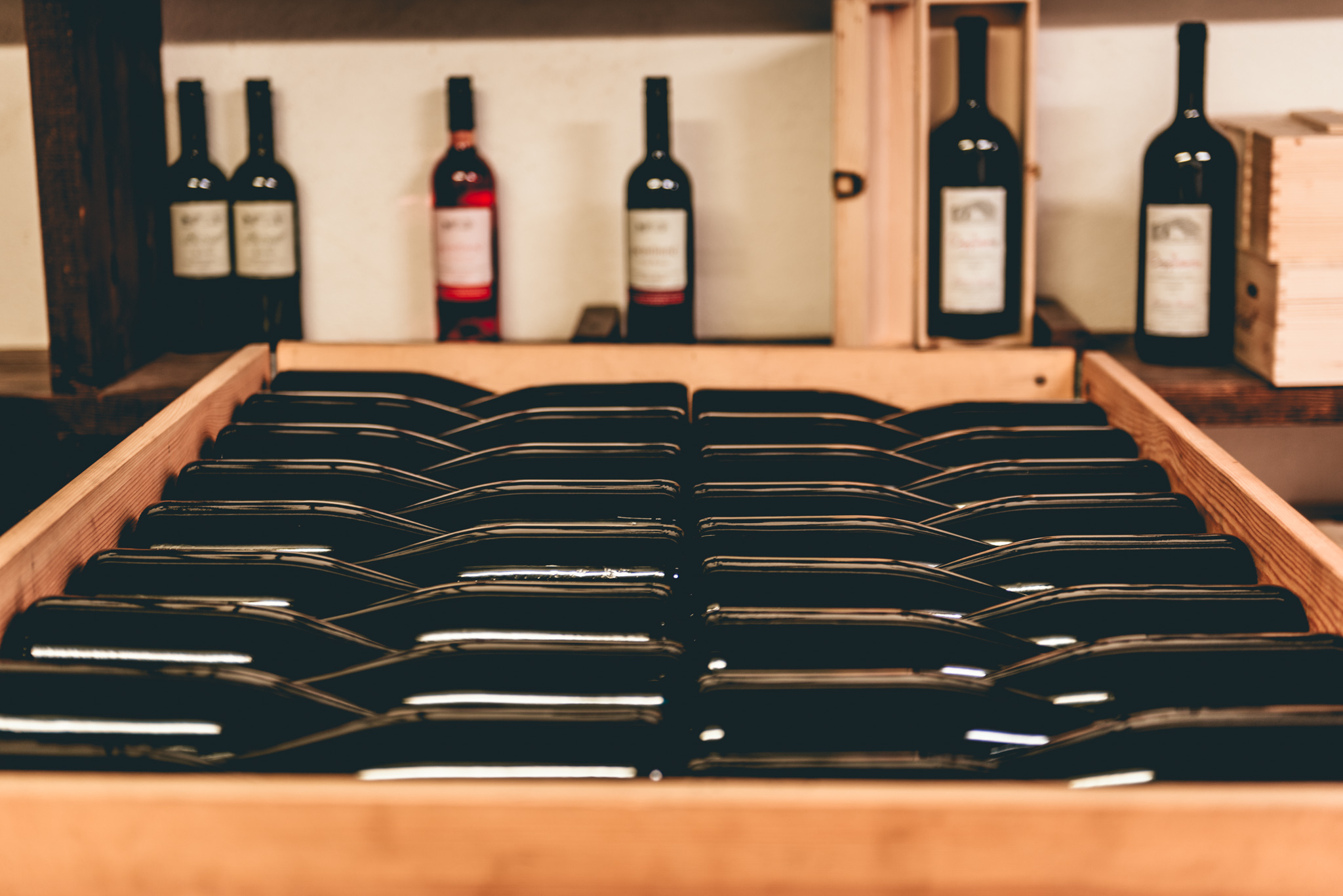
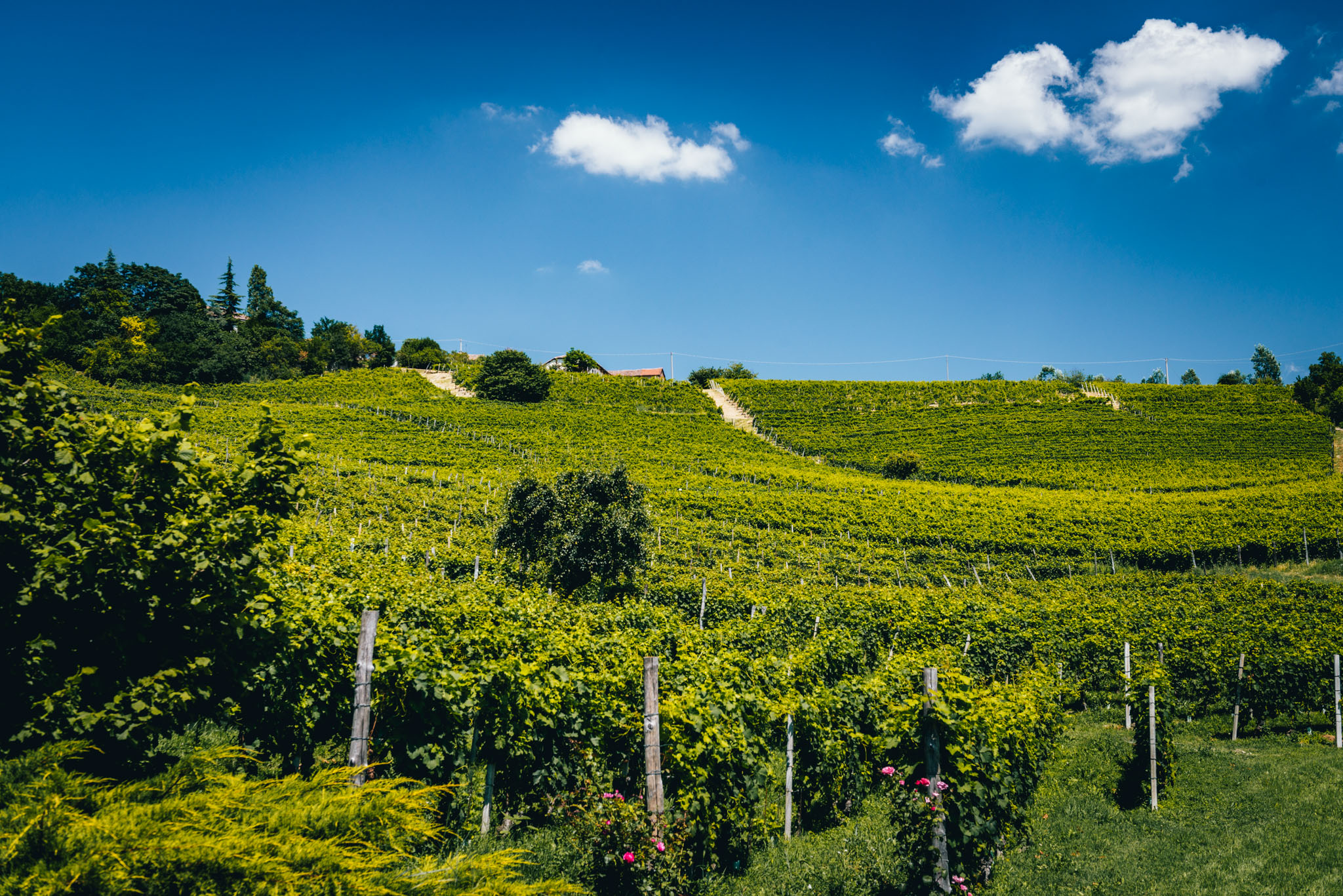
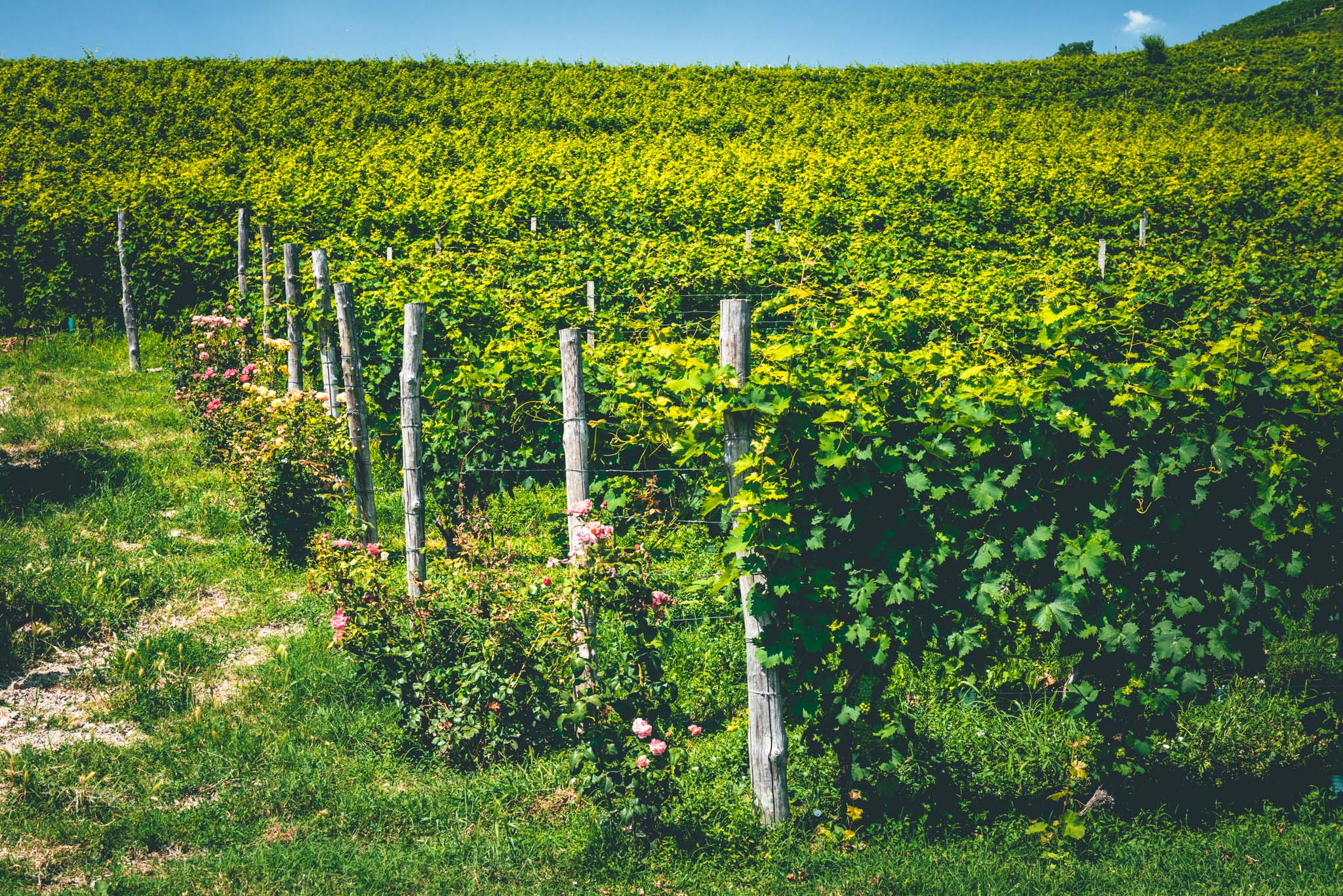
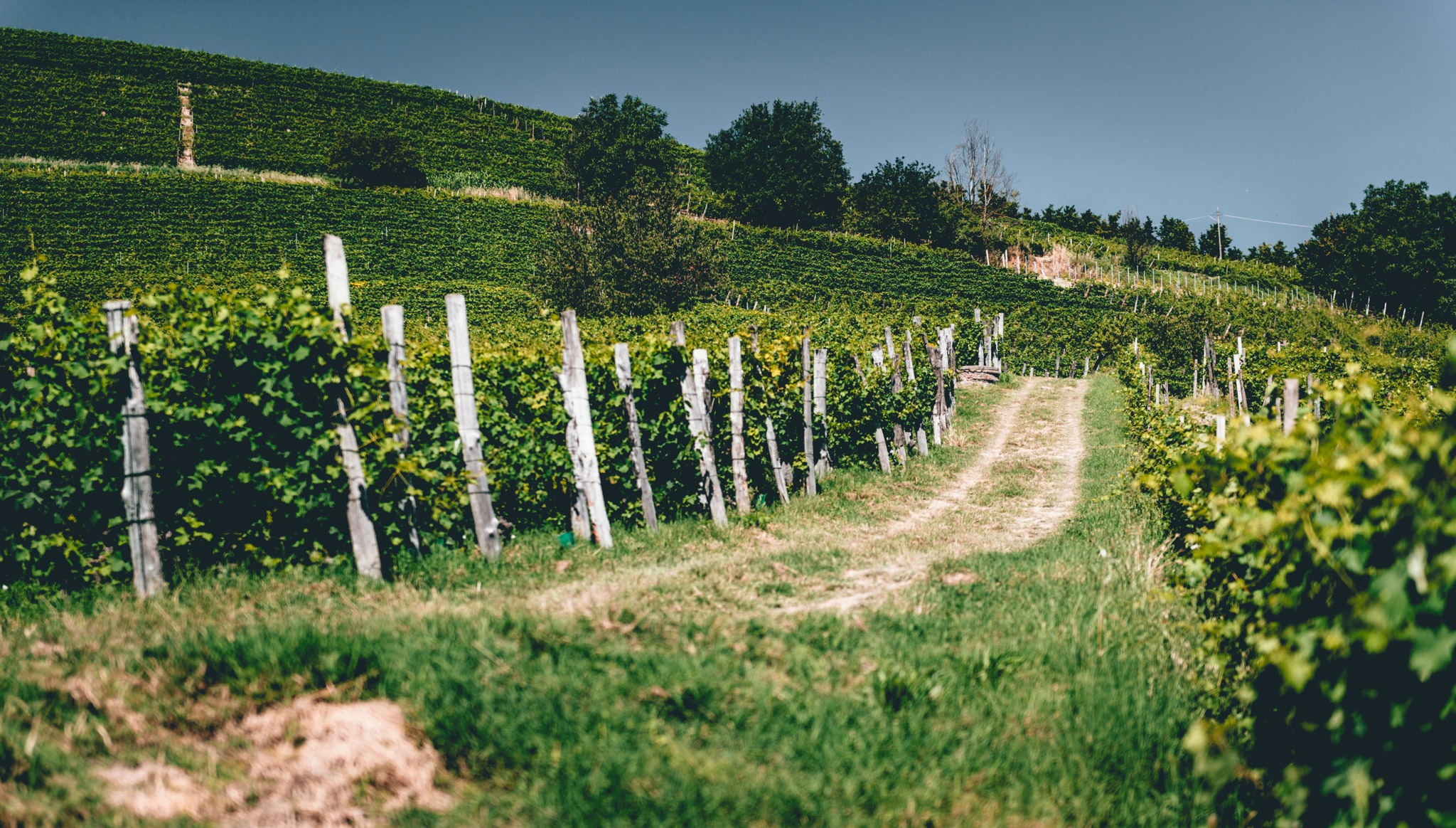
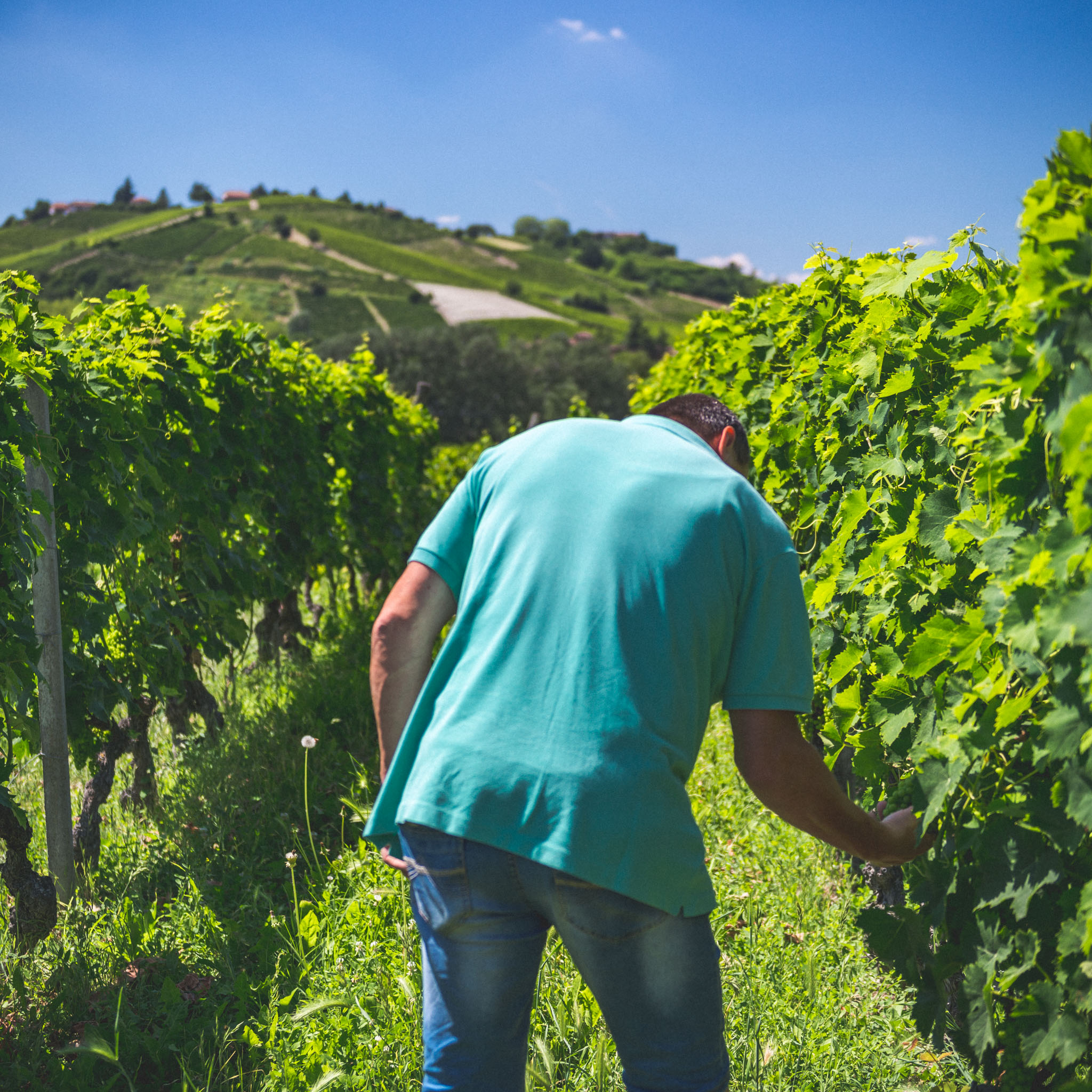
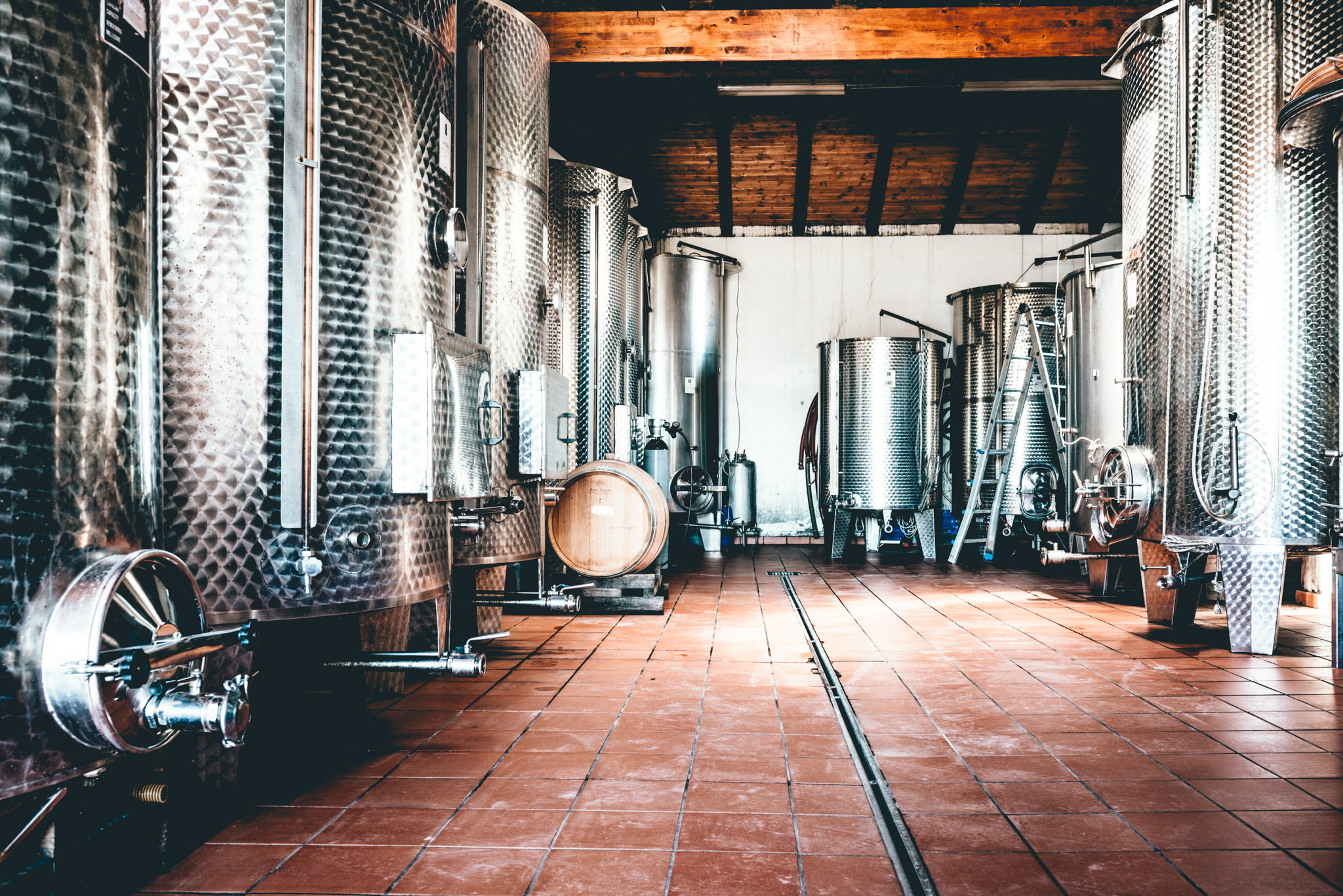
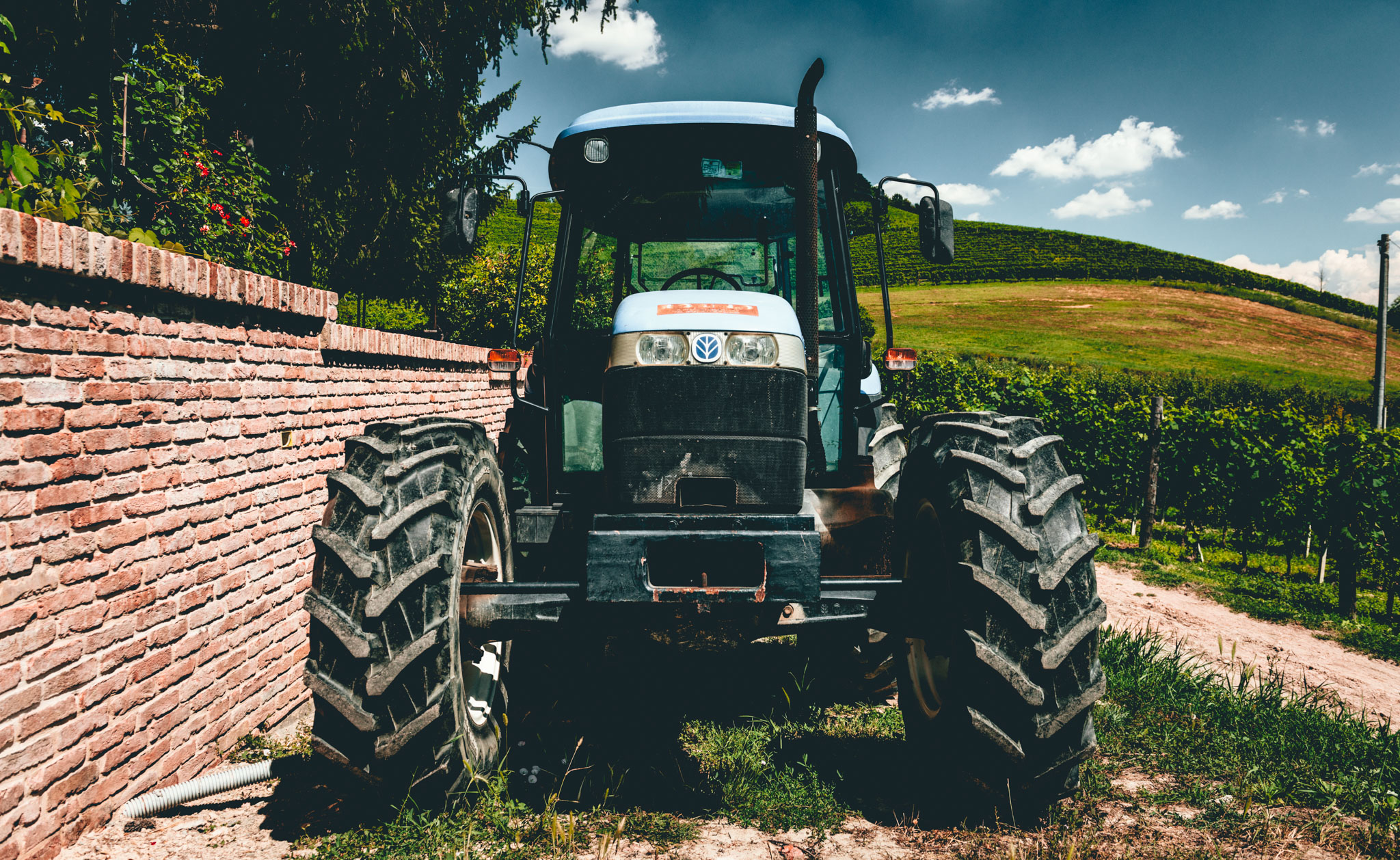
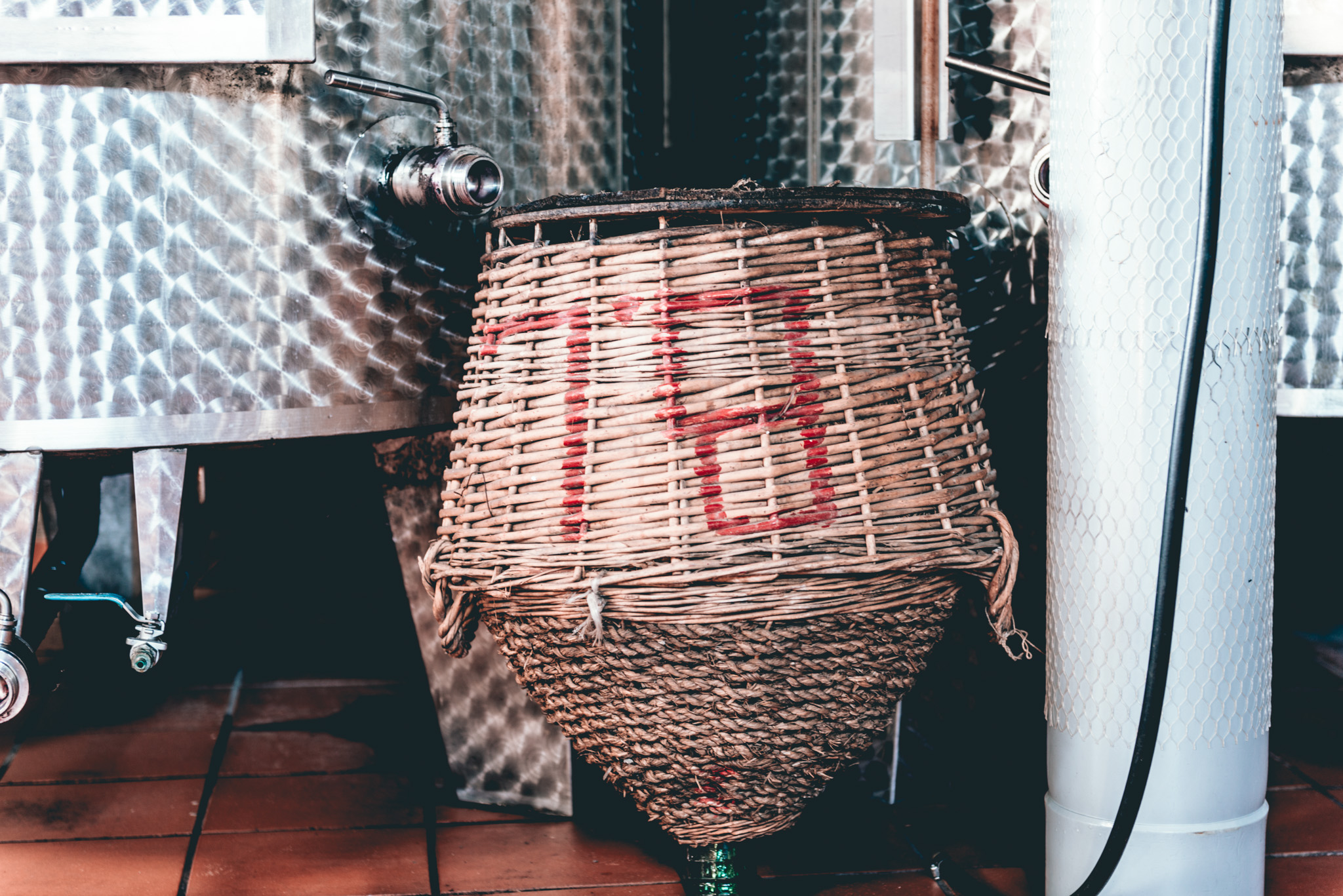

Cascina Barisel
Who: Franco Penna
Where: Canelli (Piemonte, Italy)
What grapes: Dolcetto, Barbera, Favorita, Moscato
Key facts: No chemical fertilizers or insecticides are used on this five-hectare family estate. A south facing three-hectare calcium-rich monopole sits immediately behind his cellar and is the source of most of Barisel’s grapes. The Monferrato DOC has been established as a UNESCO World Heritage Site.
Website: http://www.barisel.it
Instagram: @cascinabarisel
Cascina Barisel "Foravía" Piemonte Chardonnay DOC 2022
Viticulture: Organic
Soil type: South sloping calcareous marl/limestone
Elevation: 300m - 350m
Grapes: Chardonnay
Method of fermentation: After a strict selection, grapes are harvested into crates, then crushed and pressed gently. The must is then fermented at a controlled temperature, and after a few months rest on the lees, bottled in springtime.
“Remember how that last vintage of Foravia was so good? Like, better than ever? Well, Franco has a little surprise for you! It’s because he started adding Chardonnay. His Favorita vines were dying. It’s time for us all to accept that (in some parts of the Italian Piedmont) Chardonnay grows pretty well! The border is closeby. The Savoia family that ruled this land for centuries were Francophone. Borders are fluid. We shouldn’t be close-minded. Serve with poulet roti, or gratin dauphinois.” -JM
Cascina Barisel “Perdisné” Vino Rosato
Viticulture: Organic
Soil type: South sloping calcareous marl.
Elevation: 300m - 350m
Grapes: Dolcetto
Method of fermentation: Fermented in Stainless Steel; bottled in the spring with minimal sulfur.
It tastes a little mysterious. Dark, mellow, this is a full-bodied flavorful rose that does not punch you in the mouth (or nose) with aggressive acidity, or tropical fruit-bowl aromatics. In its own way, Perdesne is subtle. The roundness and amiability of Perdisné makes it very food versatile. Made with dolcetto, the name, Perdesne, means “for lunch” in Piedmontese dialect.
Cascina Barisel Dolcetto Monferrato DOC
Viticulture: Organic
Soil type: South sloping calcareous marl.
Elevation: 300m - 350m
Grapes: Dolcetto
Method of fermentation: 100% destemmed, fermented with native yeasts in stainless steel; bottled in the spring with minimal sulfur.
Organic. Calcareous marl soils. This wine is harvested from the middle of Cascina Barisel’s south-facing slope. Penna does vigorous cluster pruning to create intensity in the finished wine. The fruit is picked in two passes, to harvest it at optimal maturity. 100% de-stemmed, and fermented in stainless steel. The wine is bottled in spring, with minimal sulfur (<20mg/l.)
Cascina Barisel “Canelli” Moscato d’Asti DOCG
Viticulture: Organic
Soil type: South sloping calcareous marl.
Elevation: 300m - 350m
Grapes: 50 year old Moscato vines.
Method of fermentation: After a careful selection, grapes are harvested into crates, crushed and pressed gently. The must is then fermented into pressurized tanks at a controlled temperature and bottled after a sterilizing microfiltration.
Straw yellow colour with golden hues, highly aromatic with hints of acacia blossom, sage and exotic fruits. Sweet, rich and creamy with a delicate effervescence.
Franco Penna is a patient man. His winery is remarkably hard to find, hiding in plain sight among segmented roads bearing the same name and non-contiguous house numbers. His house number is 30, number 31 is at least a kilometer away. Across a main road. Guarded by a not-so-friendly dog. Canelli is rich in wineries, numerous enough that innocent pedestrians are ignorant of this five-hectare family estate at the beginning of a south-facing hillside more or less in the outskirts of town. I found my way to the wrong cellar a couple times before ultimately winding up the drive to meet our waiting winemaker.
Franco has been a grower since 1985. Penna’s father bought the house in 1965 and grew grapes on the land. His brother grows some of the fruit Cascina Barisel utilizes: all his fruit comes from the family’s vines. In conversation about the property, it is clear that Penna is enjoying himself. He has perspective and a sense of humor, but this lightheartedness does not signify a lack of dedication or purpose. He has the charisma of a man 100% in control of his life’s work.
“I do everything. I work in the vineyard, in the cellar, I sell the wine….” In the vineyard Penna works without chemical fertilizers or insecticides. Franco says his parents taught him to respect nature. “I work mechanically, not with chemicals.” In the cellar, temperature-controlled fermentation tanks keep the estate’s flavor profile one of decidedly fresh fruit aromas.
The Dolcetto from Barisel is a low-key masterpiece, subtle and fine.
Foravia is wild herb and pithy citrus; wine from Piemonte on a seaside holiday. Put it on your table next to (Favorita/Vermentino) from Liguria or Sardinia and Foravia reveals talent for understatement. It is measured and brimming with local character.
Recently Franco built a new cellar with old bricks under his house. You can see the roots of his vines coming through the marl from five meters above. In this very clean, cool underground space he has a corner devoted to a natural spring, one of many local water sources that these roots are seeking. Their struggle is the origin of good wine in this good terroir. Franco Penna’s single-handed careful and constant work completes their labor.
